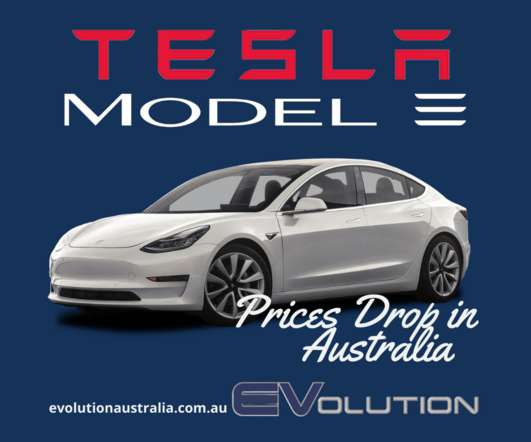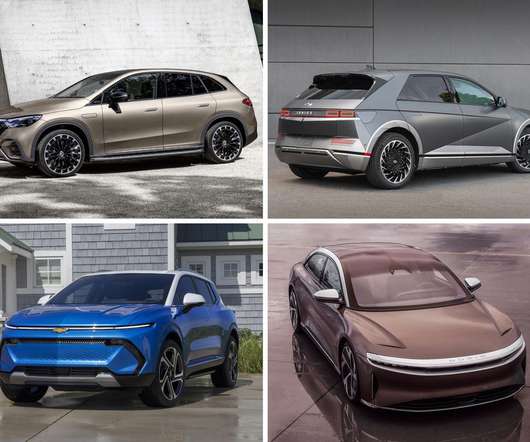Univ of Washington team working to make poplar coppice viable cheap, high-volume biofuel feedstock
Green Car Congress
NOVEMBER 17, 2017
Their results, published recently in two papers—one in ACS Sustainable Chemistry & Engineering and the other in Biotechnology for Biofuels (open access)—point to a promising future for using poplar coppice for biofuel. Research is underway to convert this bio-oil to a transportation fuel that resembles gasoline or diesel.






































Let's personalize your content